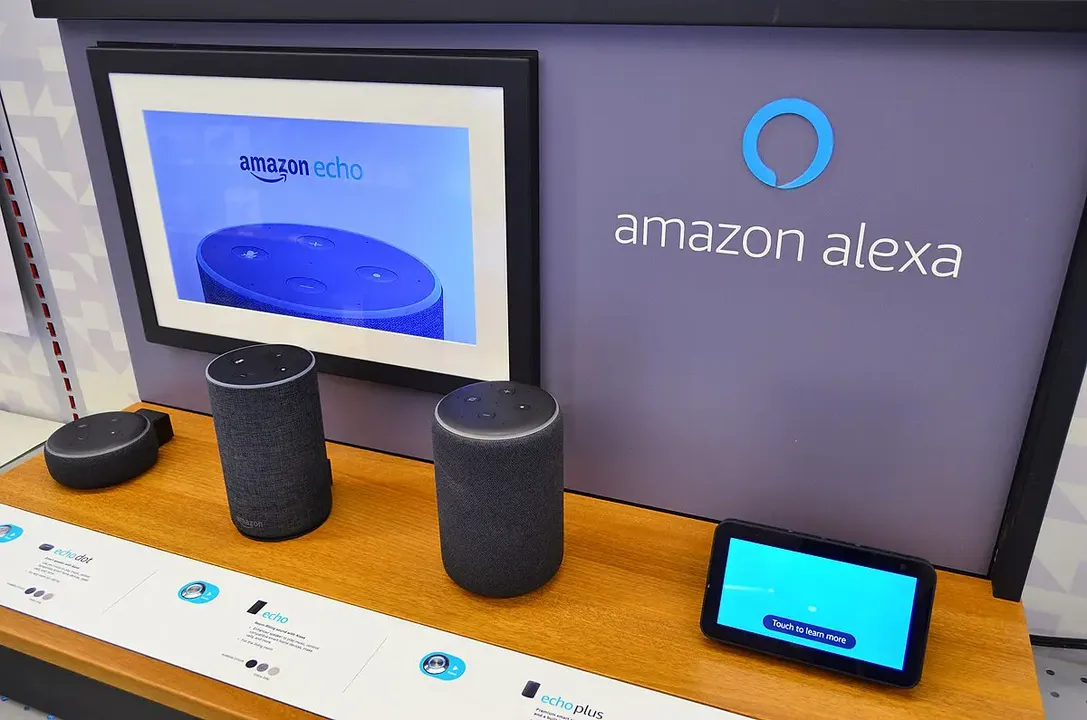Amazon Alexa voice assistant has long been a familiar part of millions of smart homes worldwide, controlling lights, music, and answering simple questions. A few months ago, around February-March 2025, Amazon announced with great fanfare Amazon Alexa+ AI – a significantly enhanced version of its assistant, enriched with advanced artificial intelligence models and generative AI. This upgrade was expected to take interaction with Alexa to a whole new level: more natural dialogues, remembering the context of previous conversations, the ability to perform complex multi-step tasks (e.g., booking tickets and sending invitations), analyzing documents, and even generating creative content, such as songs in partnership with Suno AI. However, as noted by some technology analysts and publications, including potential articles in The Economic Times on May 17, 2025, some time after the initial announcements and rollout commencement, a certain "mystery" surrounds the actual mass adoption of Alexa+ AI: where is the wave of enthusiastic users?
This question doesnt imply a failure of the technology but raises important aspects of implementing complex AI features into established products. One key reason for the restrained start could be the staggered rollout and "Early Access" status. As CNET reported on May 14, the Alexa AI upgrade was still in "Early Access" mode, with new features promised to be released gradually. If access to the full spectrum of Alexa+ AI capabilities is still limited, then its premature to talk about mass usage. Amazon itself stated that Alexa would "get smarter and more capable every day," and the company values feedback from early access participants.
A second potential barrier is the monetization model. According to some reports (Mezha.Media, February 2025), Alexa Plus was intended as a subscription service costing around $19.99 per month, albeit with possible inclusion in the Amazon Prime package. In a market where users are accustomed to free basic voice assistant functions, introducing a paid subscription for enhanced AI capabilities requires very strong arguments and a demonstration of undeniable value. As ZDNet noted, people are still "warming up" to paying for AI services.
A third, significant factor is privacy. A CNET survey revealed that 73% of smart device users express privacy concerns regarding Alexas new, more powerful AI capabilities. The "smarter" the assistant, the more it listens, remembers, and analyzes, the more questions users have about the security of their data. Amazon will need to make significant efforts to convince its audience of the safety and reliability of Amazon Alexa+ AI.
Finally, aspects such as user awareness and the real-world utility of all the declared features in daily life cannot be discounted. Perhaps many users have yet to discover and learn how to effectively use Alexas full arsenal of new AI tools. Time will tell whether Alexa+ AI will become a true revolution in the world of voice assistants or if its path to users hearts (and wallets) will be longer and more arduous than initially expected. Analysts and the market certainly have food for thought.
